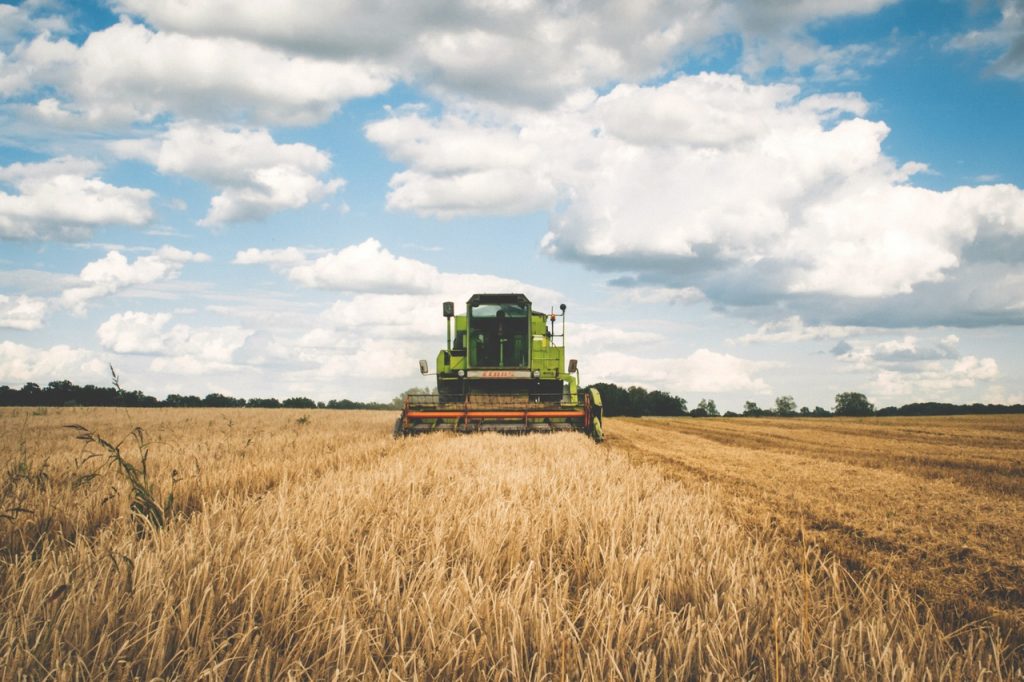Written By: Lindsay Charles and Patrick Sinclair, Articling Student
When most of us drive by a farm in rural Ontario, we see peaceful landscapes, perhaps, punctuated by a single tractor far off in a field. This picture is, however, only a slice of what life is like living on a farm. Farming involves numerous kinds of large machinery used in a variety of tasks integral in getting products from the fields to market. Wherever there is large machinery, there is a risk to both the people operating it and those nearby. So it is on farms and in Ontario’s farming communities. On average 108 Canadians die every year in farm accidents, and roughly seventy percent of those is in connection with farm vehicles mechanical equipment.
Here are a few different strategies to keep you, your employees, or your family safe either on the farm or if they are driving in a farming community.
Equipment Inspections
Daily equipment checks are a cornerstone of farm safety. Before any piece of machinery is operated at least a basic check by walking around the equipment is highly recommended. By doing a simple walk around the machinery or vehicle, you can ensure there is no debris, animals, or children nearby. This can also serve as an opportunity to confirm that the equipment’s recommended safety guards remain in place and are undamaged.
When inspecting tractors check for proper tire pressure and that all the grease points have recently been attended to. Particular vigilance should be taken before operating a tractor’s Power Take-Off (PTO) system. It is crucial that the PTO has the proper guards in place, and that everyone using the machinery is fully trained on how to safely operate it.
Use Machinery Only For its Intended Purpose
The tasks farmers have to deal with on any given day are numerous and diverse. The temptation to rush, cut corners, and save money by forcing a single piece of equipment, or a single vehicle, to do double duty is understandable. Utilizing machinery to fulfill multiple functions is beneficial where it can be done safely, but it can quickly lead to malfunction and accidents when a machine is pushed beyond its intended limits. Know the equipment you are operating and operate within its manufactures intended purpose.
If your employer is asking you to use a piece of machinery or a vehicle for a purpose that is was not intended, you have the right to refuse. All employees in Ontario have the right to refuse unsafe work free from worry of reprisals by their employer.
Establish Workplace Protocols and Training Programs
All operating farms should also establish workplace emergency plans in case of serious personal injury, and regular training programs that teach new operators best practices. The Ontario Ministry of Agriculture, Food and Rural Affairs has extensive online resources dedicated to helping farmers set up best practices for farm safety in respect to many aspect of farm operation.
Safe Driving on Roads in Agricultural Areas
For those of us out there who are not farmers but are still going to be sharing the road with farm vehicles it is important to maintain safe driving practices.
When driving on roads in or near agriculture communities go slowly, and be prepared to share the road with farm equipment. Large tractors or combines are often driven on municipal roads linking fields. Be aware that these large slow moving vehicles are allowed to drive on the sides of roads side as well as taking up a full lane. If you encounter a particularly large vehicle considering pulling off to the shoulder until the vehicle passes. Always watch for slow moving vehicle signage and be ready to move over if a farm vehicle is unable to pass by you in a single lane.
Particular attention should be paid on roads with steep slopes and sharp winding corners. When drivers in Ontario speed on winding country roads, they should know they risk suddenly facing farm equipment taking up large portions of the roadway. Adhering to speed limits and caution signs is the best way to keep you and your family safe on rural roads.






